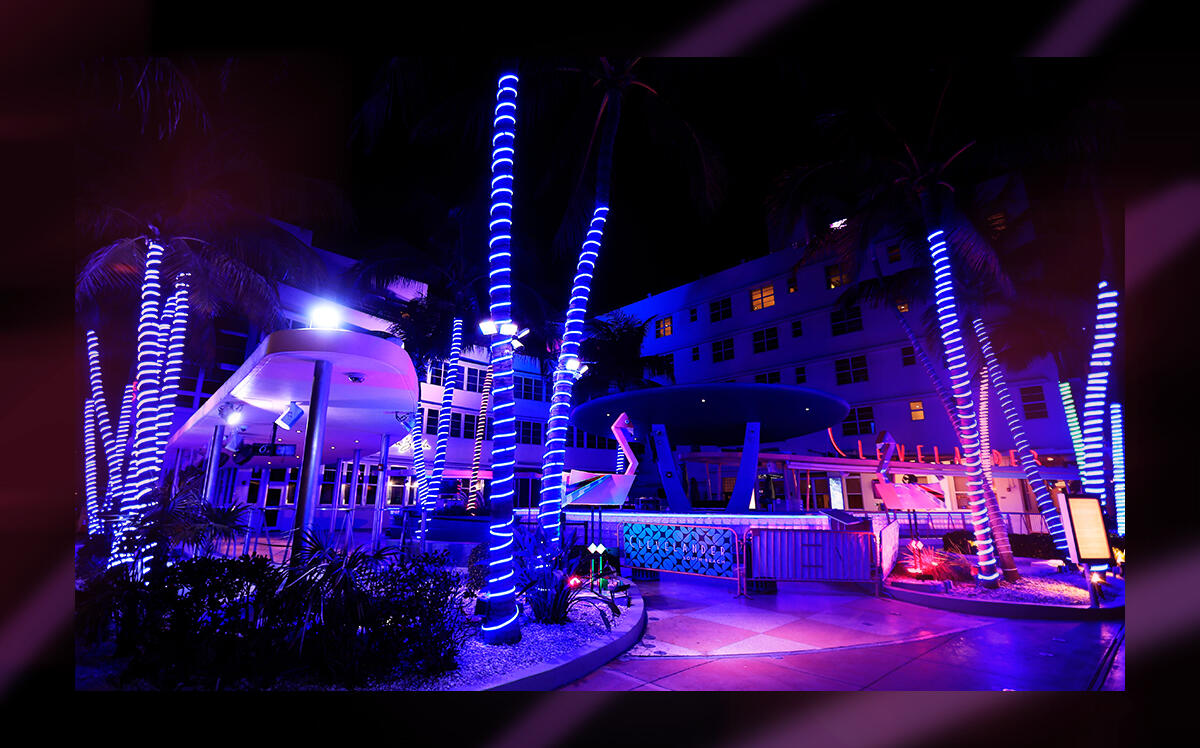Trending
Clevelander wins lawsuit against Miami Beach over alcohol rollback
City of Miami Beach plans to appeal

UPDATED, June 9, 12 p.m.: Miami Beach’s attempt at curbing late-night partying by ending alcohol sales earlier was overturned in court.
The decision is a win for businesses that opposed the rollback but bad news for developers who say the city needs to reinvent its image in the entertainment district.
The Clevelander South Beach, a hotel with a restaurant and bar known for its all-day party environment, sued the city in late May over the commission’s vote to temporarily roll back alcohol sales to 2 a.m. from 5 a.m. in the entertainment district. The area is between Collins Avenue and Ocean Drive, from Fifth to 15th streets.
Miami-Dade Judge Beatrice Butchko decided during a virtual hearing on Monday that the commission’s vote on May 12 was illegal. The city passed the measure as a typical ordinance with a simple majority vote of 4 to 7. But because the decision impacts a specific district, that means that it was a land-development regulation requiring a supermajority vote of 5 to 7, according to the city and an attorney for the Clevelander.
No written order has been entered yet.
The city plans to appeal. In the meantime, the 2 a.m. cutoff will stay, unless an order mandating otherwise is issued, according to Deputy City Attorney Aleksandr Boksner. Butchko’s ruling on Monday did not identify when the rollback should be lifted.
The matter has pitted businesses in the entertainment district, whose owners are worried about losing their investment, against prominent developers, who say a crackdown on the anything-goes partying is needed. The city’s alcohol sales rollback came after an influx of spring breakers in April.
Montreal-based Jesta Group bought the Clevelander and an adjacent hotel in 2018 for $66 million, which broke down to $20.6 million for the real estate and $45.4 million for the restaurant and bar business.
“Outdoor live entertainment and 5 a.m. operating hours are central to the Clevelander’s property value, and we relied on those key factors in our decision to purchase the property,” Anthony O’Brien, Jesta senior managing director, said in an emailed statement.
The lawsuit was a “last resort” to preserve the landmark business, he added. The Clevelander said it is willing to work with the city on the evolution of Ocean Drive, despite their differing opinions.
Prominent developers such as Starwood Capital Group’s Barry Sternlicht, Related Group’s Jorge Pérez and Don Peebles, developer of the Royal Palm Hotel and the Residences at the Bath Club, have supported the city in its crackdown.
Sternlicht, who moved his Starwood’s headquarters to Miami Beach, said in an email that the issue is over what kind of tourism and companies the city wants to attract. The influx of partying crowds forces the city to spend millions of dollars on property protection, while losing tax revenue from tourists and groups “that want no part of what they perceive as mayhem in SoBe,” he added.
Sternlicht wrote that Ocean Drive is known for its architecture, “not its nightlife anarchy.”
“Let’s be serious, the costs to other establishments, to hotel room rates, to property values, to the city for excess law enforcement, to crime and vandalism, far outweigh the benefits of a few establishments catering to the 2- 5 am revelers,” he continued.
The city has tentatively approved a November referendum asking residents to permanently restrict alcohol sale hours, although a second commission vote is needed to put the measure on the ballot. Voters rejected this proposal in 2017.
As part of its effort to curb partying, the city, also in May, repealed a noise ordinance exemption on Ocean Drive from Ninth to 11th streets, meaning venues there had to abide by the noise restrictions imposed on the rest of the city. The two-block district includes the Clevelander, which is at 1020 Ocean Drive.
Butchko determined that the Clevelander had the right to “certain protections for live music,” although she did not find the city’s removal of the exemption illegal altogether, according to attorney Kendall Coffey, the Coffey Burlington who represents the Clevelander.
Gelber added the city will be appealing this as well because Butchko capped the noise level in the two-block area to 78 decibels, louder than what is allowed citywide.
“Our residents should not be held hostage,” Gelber said, “by a business model that is inconsistent with the residential community.”




